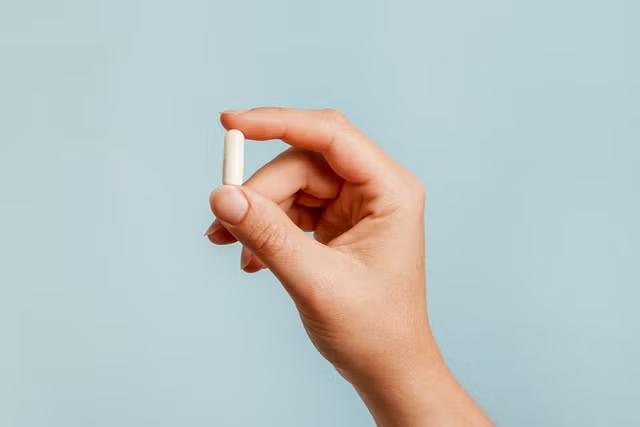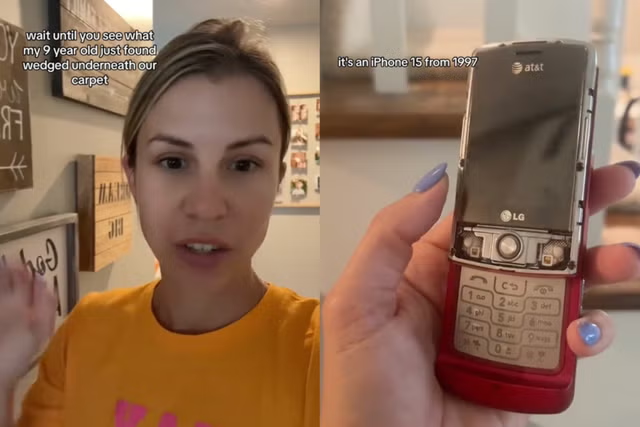Your support helps us to tell the story
Support NowThis election is still a dead heat, according to most polls. In a fight with such wafer-thin margins, we need reporters on the ground talking to the people Trump and Harris are courting. Your support allows us to keep sending journalists to the story.
The Independent is trusted by 27 million Americans from across the entire political spectrum every month. Unlike many other quality news outlets, we choose not to lock you out of our reporting and analysis with paywalls. But quality journalism must still be paid for.
Help us keep bring these critical stories to light. Your support makes all the difference.
Much more than a place to feel cocooned and comfy, once you’ve found the bed which suits your style best, mattress maintenance is right up there for a good night’s Zs.
And when it comes to wellbeing, sleeping and waking up feeling refreshed, a good mattress is a big investment – so it makes sense to ensure it’s at its best, with the desire to sleep more in winter.
Especially when you consider we spend a third of our lives in bed…
“Given this significant amount of time, it’s abundantly apparent the quality of your mattress has a direct impact on your overall quality of life,” says Michael Buckle, senior buyer at Dreams.
With proper care, he says you can extend its lifespan, save money and enjoy years of restful, rejuvenating sleep.
“By regularly cleaning and protecting your mattress – and knowing when it’s time for a replacement – you’ll maintain its comfort and support, making the effort well worth it in the long run,” highlights Buckle.
Here’s how to boost your sleep and bedding…
Rotate and flip your mattress regularly
“Over time, mattresses can develop sagging in areas where you sleep most, reducing support and comfort,” underlines Buckle.
“Regular rotation – and flipping if your mattress is double-sided – helps maintain its shape and support.”
Always check your manufacturer’s care instructions, as specific recommendations may vary by brand, advises Buckle.
However, not all mattresses require rotation, so remember to follow the specific care instructions, he adds.
Use a mattress protector
One of the most simple and effective ways of protecting and prolonging the life of your mattress is to use a good quality mattress protector, advises Buckle.
“A mattress protector shields your mattress from spills, stains, sweat, and allergens, all of which can compromise its lifespan and healthy sleeping environment.”
He says hypoallergenic protectors are a great option if you’re prone to suffering from allergies, as they help minimise dust mites, pollen, and other allergens from embedding themselves in your mattress.
Waterproof protectors, meanwhile, are ideal for preventing any liquids seeping into your mattress, leading to a build-up of mould or mildew over time.
Clean your mattress regularly
A step-by-step guide to cleaning your mattress…
Strip the bed: “Begin by removing all bedding, mattress toppers and protectors. Wash them to eliminate bacteria and allergens.”
Hoover the mattress: “Use the upholstery attachment on your vacuum to remove any debris, dust, or crumbs from the mattress surface.”
Spot clean stains: “If stains are present, gently blot them using a mixture of mild detergent (like washing-up liquid) and cool water. Avoid rubbing the stain, as this can cause it to spread.”
Also, be cautious not to over-wet the mattress, warns Buckle, as excess moisture can lead to mould growth and damage the mattress fillings.
He says to follow manufacturer instructions for your specific mattress as sometimes even a mild detergent is not recommended – so always check the label.
Remove odours with baking soda: “If lingering odours persist, sprinkle a thin layer of baking soda over the entire mattress. Let it sit for a few hours (or even overnight) to absorb any smells. Afterwards, vacuum the mattress thoroughly to remove.”
Air the mattress regularly: “Peeling back the covers and airing out the mattress after use helps it dry and recover, preventing moisture build-up.”
When to replace your mattress
“Ultimately, no matter how well you care for your mattress, they all have a lifespan,” opines Buckle.
On average, it’s recommended you replace your mattress every eight years. “Over time, natural wear and tear can significantly impact your sleep quality,” notes Buckle.
[xdelx]“Key signs it’s time for a replacement include diminished comfort and support, a decline in sleep hygiene and noticeable drops in sleep quality.”
Disclaimer: The copyright of this article belongs to the original author. Reposting this article is solely for the purpose of information dissemination and does not constitute any investment advice. If there is any infringement, please contact us immediately. We will make corrections or deletions as necessary. Thank you.



